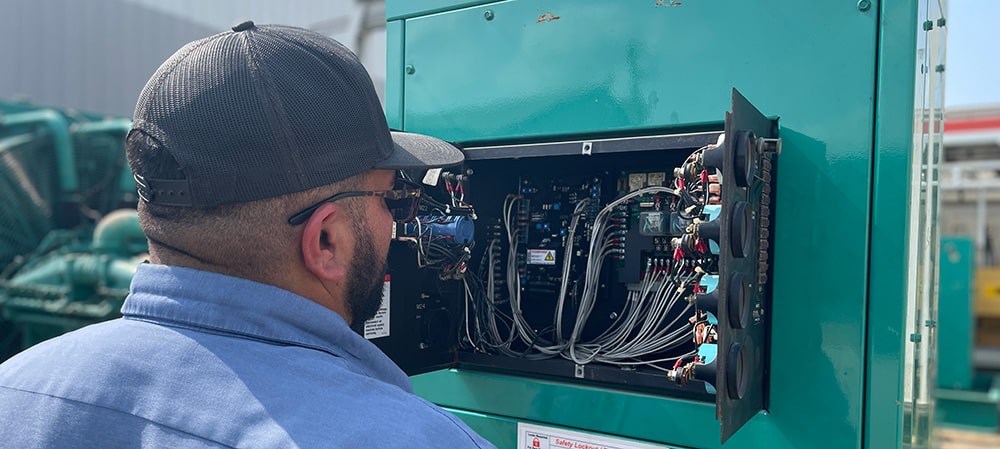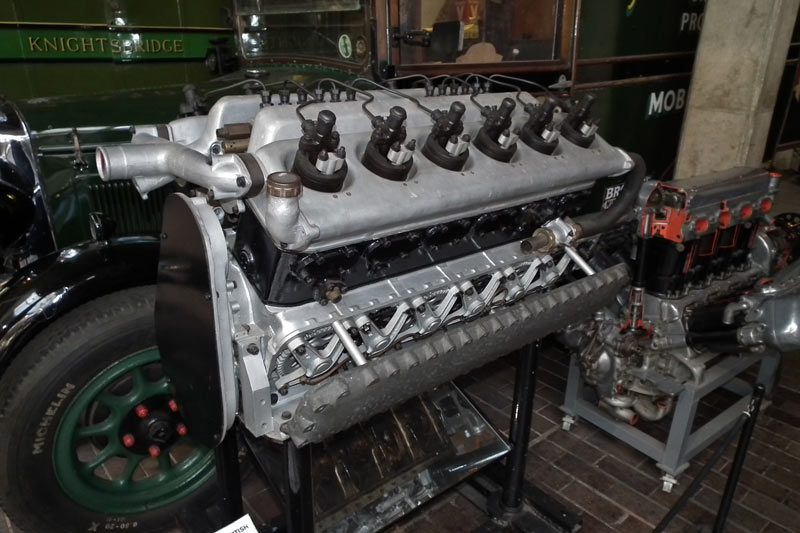Where to Locate Licensed Used Engines for Sale for Any Make or Version
Where to Locate Licensed Used Engines for Sale for Any Make or Version
Blog Article
A Comprehensive Overview on What to Seek When Acquiring Utilized Engines
When taking into consideration an utilized engine acquisition, a methodical strategy is necessary to prevent unforeseen issues. The procedure begins with a meticulous history check, scrutinizing the Car Identification Number (VIN) and maintenance records for any red flags. Past background, assessing mileage offers insights right into the engine's previous life. Compatibility with your vehicle is non-negotiable, as is a detailed physical assessment for any type of indications of wear. Similarly important is an understanding of available service warranty choices, which can offer tranquility of mind. These first steps are simply the start of ensuring your investment is both sound and protected.
Engine Background Check
When thinking about the acquisition of a used engine, conducting a complete engine background check is an important step in making sure a reliable and rewarding financial investment. This examination includes reviewing the engine's past to determine any type of red flags that may compromise its efficiency or long life. A comprehensive background check includes verifying the engine's identification number (VIN) to validate its authenticity and to trace its beginning. This action makes certain the engine is not taken or misstated.
Furthermore, recognizing the upkeep records is important. These documents reveal just how well the engine has actually been taken care of, suggesting normal oil changes, part replacements, and adherence to maker standards. Consistent upkeep is a solid indication of an engine's possible longevity and performance.
Another critical aspect is examining any type of past incidents or repair work. Understanding whether the engine has actually formerly endured damages, such as from a crash or flooding, can offer understanding into possible future troubles. Fixings, also if properly done, could influence the engine's reliability.
Finally, a recall check ought to be conducted to make certain there are no unresolved maker recalls, which can signify inherent concerns with the engine version. This diligent technique to evaluating the engine's background safeguards against unanticipated failures and costly repair work.
Examining Mileage
Although mileage is not the single indication of an engine's condition, it remains an important element to take into consideration when examining an utilized engine. It's essential to acknowledge that an engine with moderate or even high gas mileage may still be in excellent condition if it has actually been well maintained.
When analyzing mileage, take into consideration the kind of car and its regular use. For instance, freeway miles are normally less tiring on an engine than city driving, which involves constant stops and begins. Additionally, engines in vehicles made use of mainly for lugging or lugging heavy lots might experience a lot more anxiety, possibly minimizing their lifespan despite lower mileage.
It's likewise recommended to compare the engine's mileage with the sector standard for comparable engines. This comparison can supply beneficial insight into whether the engine has actually been subjected to normal usage or excessive wear. Ultimately, while mileage is a vital factor to consider, it should be assessed along with upkeep records and general engine condition to make an informed purchasing decision.
Compatibility Confirmation
Guaranteeing compatibility is a critical step when buying a used engine. Before making a decision, it is necessary to confirm that the engine is appropriate for your car's make, model, and year. This involves examining the engine code, a special identifier that needs to correspond to your lorry's specs. Dissimilar engine codes can result in significant mechanical concerns or even full incompatibility.

Moreover, analyze the engine install types to ensure they line up with your lorry's installing factors. Comprehensive compatibility verification is critical to avoid pricey mistakes and make sure smooth engine assimilation.
Inspecting Physical Condition
Evaluating the physical condition of a used engine is a read this fundamental facet of the investing in procedure, as it straight influences the engine's efficiency and durability. Begin by conducting an extensive visual inspection. Look for any type of visible signs of damage, such as cracks, dents, or rust on the engine block and its elements. Pay particular focus to areas around the cylinder head and the websites oil frying pan, as these are usually vulnerable to damages.
Analyze the condition of the belts and pipes for any type of indications of fraying or breaking, which can indicate age or previous overheating concerns (used engines for sale). Examine the engine places to ensure they are undamaged and without extreme wear, as faulty mounts can affect engine stability and efficiency
Additionally, look at the color and uniformity of the oil. Dark, sludgy oil may show poor upkeep, while milky oil can suggest the visibility of coolant, hinting at possible head gasket issues. Check for any indications of leaks, particularly around seals and gaskets, which might indicate underlying problems.
Recognizing Service Warranty Options
When buying a used engine, comprehending the service warranty options readily available is essential to protecting your investment. A service warranty provides a safeguard, making sure that you are shielded against unexpected problems or malfunctions. It is necessary to extensively evaluate the conditions of any type of guarantee provided by the seller or supplier. Usually, warranties can differ dramatically in insurance coverage period, scope, and restrictions.
Start by establishing the length of the guarantee period (used engines for sale). Some warranties may provide insurance coverage for 30, 60, or 90 days, while others can extend up to a year. The period of coverage can usually reflect the vendor's confidence in the engine's problem. Pay very close attention to what the service warranty clearly covers-- does it include labor prices for repairs, or exclusively the replacement of defective parts? Understanding these subtleties can aid you make informed decisions.
Furthermore, explore any kind of exclusions or nullifying conditions. Certain service warranties might become void if the engine informative post is set up incorrectly, or if particular upkeep methods are not complied with. Guarantee that you have a clear understanding of your obligations to preserve the warranty's legitimacy. By thoroughly analyzing warranty options, you can safeguard satisfaction and safeguard your financial investment in a used engine.

Final Thought
Carrying out a precise assessment when purchasing a used engine is paramount to guaranteeing a sound investment. Validating the engine's recognition number and evaluating maintenance documents give insight into its history and maintenance. Analyzing mileage in context aids in recognizing its prior use. Compatibility contact the intended lorry are important, as are extensive examinations for physical wear or damages. Lastly, understanding warranty alternatives, including their range and restrictions, is critical in safeguarding versus unexpected problems and expenses.
Report this page